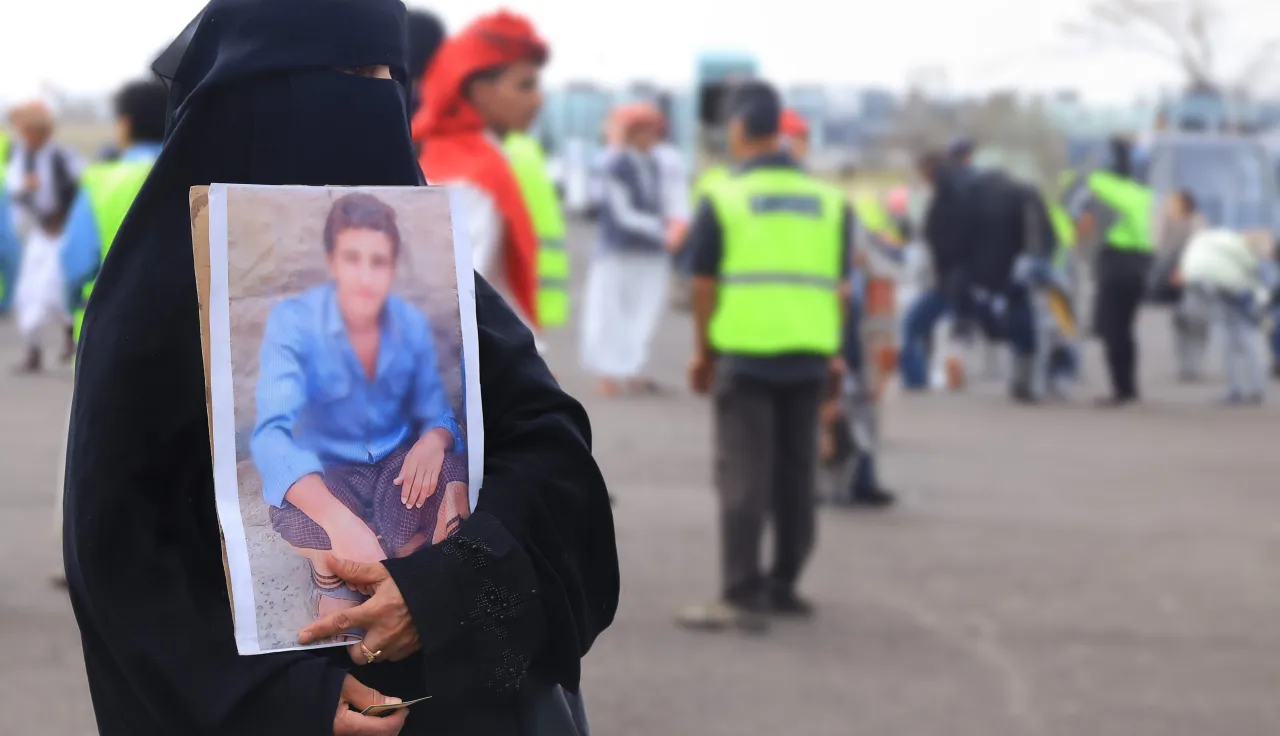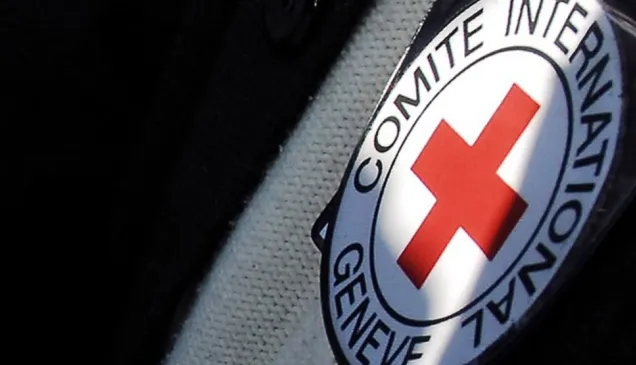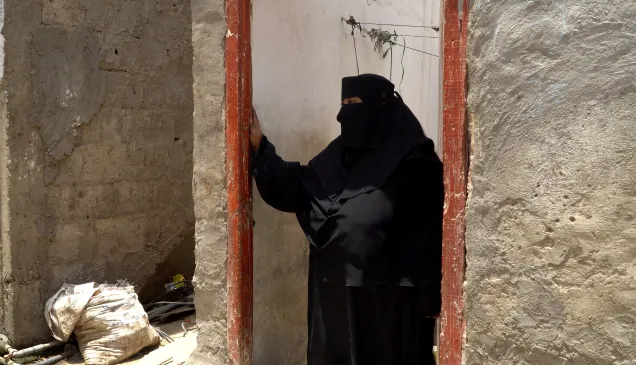Statement on the missing and dead by Daphnee Maret, Head of ICRC Delegation in Yemen

International Day of the Disappeared, 30 August 2023
“There are currently thousands of people who have gone missing because of the conflict in Yemen. Many disappear every year, whether they are fighters who went missing or were killed in action, civilians who lost their lives during hostilities and whose bodies were never recovered or identified, or detainees unable to contact their families.
The full scale of the problem is unacknowledged. However, the impact of such disappearances on individuals, families, and communities at large is devasting and can be long-lasting. Every missing person leaves a family behind that will never stop looking for their loved one and seek information about their fate. Families endure years of uncertainty and anguish, not knowing where their family member is or even whether they are alive or dead. On top of that, having a missing loved one represents a legal and financial burden for a family, particularly if the missing person was the family’s breadwinner, but also because of the costs incurred to continue searching for them.
For the families of the missing, no information on their loved one’s whereabouts very often means no closure nor the possibility to proceed with their mourning and grief.
The International Committee of the Red Cross (ICRC) has a long history of working with missing persons and their families. In line with its mandate, the ICRC has worked to prevent people from going missing by, among others, strengthening accountability after arrest (for example, by visiting detainees) and building the capacity of entities engaged in the management of dead bodies, as well as facilitating family contact and reunification. We first started working to clarify the fate and whereabouts of missing persons in 1870.
In Yemen, the ICRC has reunified families separated by the conflict and facilitated the safe and dignified return of released detainees in its neutral intermediary role. This has brought joy to thousands of people who were finally reunited with their loved ones. But every release operation has been a reminder that too many families still have no news of their loved ones.
Clarifying the fate and whereabouts of missing persons is a pressing humanitarian need and a key component of any peace process.
An essential step in this process is for the Parties to the conflict to acknowledge the issue and its causes. Recognizing all categories of missing persons without adverse distinction, irrespective of the reasons for their disappearance, is an essential step towards finding answers as to the fate and whereabouts of those who have gone missing.
As co-chair of the Stockholm Agreement’s Sub-Committee on the Dead, the ICRC is ready to act as a neutral intermediary between the parties to the conflict to organize and facilitate the return of the bodies currently in their custody to the other Party and their families.
In parallel, the ICRC will continue its work to provide technical expertise and material support to the search and recovery of the dead – whether they are found in mass graves, unburied, or yet to be found under the rubble of collapsed buildings – and to handle them according to internationally accepted standards. Management of human remains in this manner will facilitate their identification and return to their families, which in turn contributes to resolving the fate of the missing.
The families of missing persons are as much the victims of violence as their missing relatives. Recognizing their loss and addressing their needs is an integral part of the response to address economic hardship, psychosocial problems, and legal and administrative requirements.
On 30 August, by marking the International Day of the Disappeared, the ICRC stands in solidarity with all families in Yemeni with missing persons. The ICRC will continue supporting the parties to the conflict to do everything in their power to address its complex issue and its causes, prevent more people from becoming missing, and provide answers and support to the families of missing persons.”



